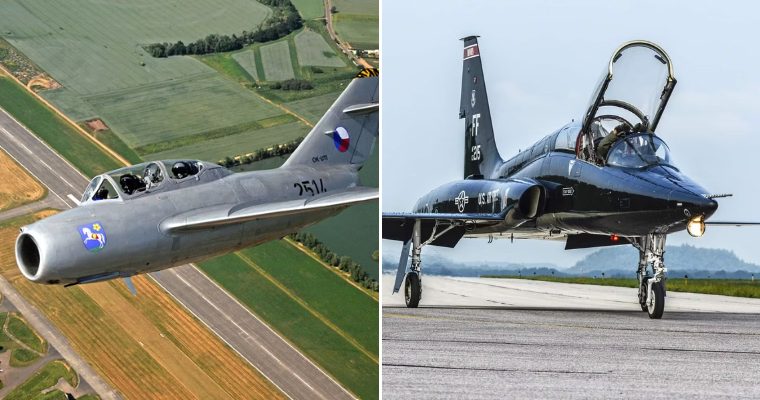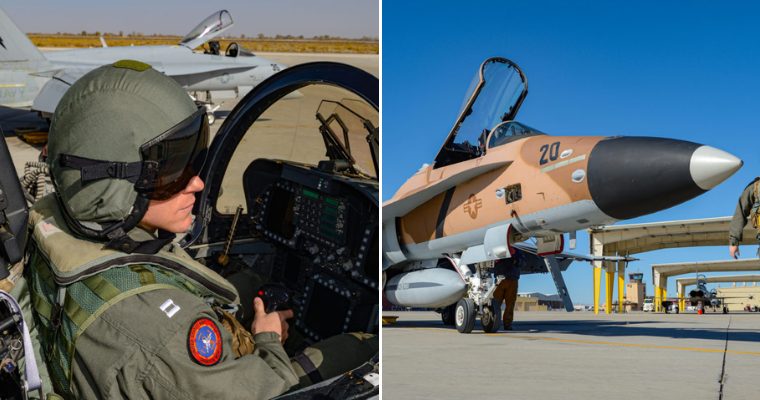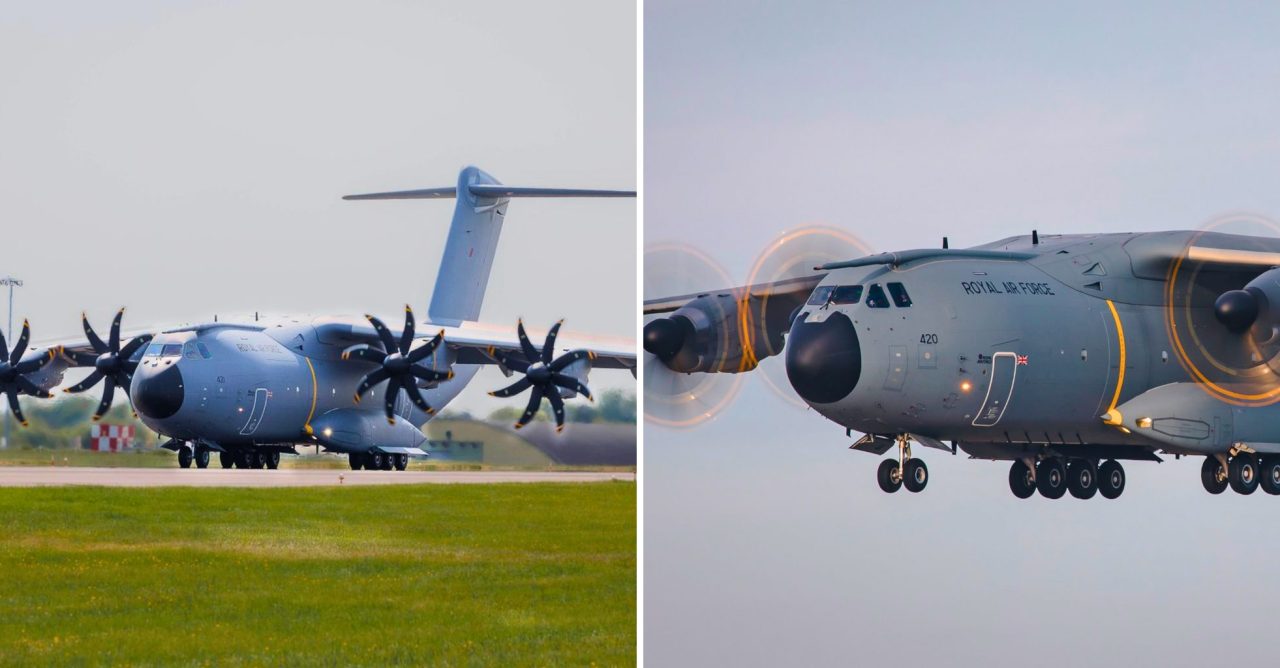ATLANTIC OCEAN — The aircraft carrier USS Gerald R. Ford (CVN 78) is bringing vital information to the fleet from its Aircraft Compatibility Testing (ACT), which began off the East CoastACT is allowing the crew of Ford to further test its Electromagnetic Aircraft Launch System (EMALS) and Advanced Arresting Gear (AAG), two Aircraft Launch and Recovery Equipment (ALRE) systems unique to Ford.
It’s also allowing the crew and embarked test personnel to rigorously evaluate the effect of the CVN 78 air wake, or burble, and its compatibility with all types of fleet aircraft the Navy utilizes on an aircraft carrier.“What we’re doing is validating years of test catapult shots that were done at the EMALS test facility at Lakehurst, New Jersey, and years of arrestments on AAG at Lakehurst, then taking that data, bringing it to sea and using it on installed equipment aboard our ship, now in an austere underway environment with different wind and environmental conditions to build those safe flight envelopes,” said Capt. John J. Cummings, Ford’s commanding officer.Ford’s ACT has seen the first arrestment and launching of E-2D Hawkeye, C-2A Greyhound, EA-18G Growler, and the T-45 Goshawk aircraft on these new systems unique to Ford-class carriers.
“Honestly it’s great to be the first ones to fly the E-2/C-2 out on an entirely new class of carrier,” said Lt. Cmdr. Eric Thurber, a test pilot assigned to Air Test and Evaluation Squadron (VX) 20.
“We spent some time up at [Joint Base McGuire-Dix] Lakehurst, New Jersey doing some of the developmental testing for the systems before coming to the ship, so it’s neat to have seen the entire system land based; see some of the issues we have here, then go back and correct it and come out to the ship and test it at sea.”Cummings reflected on the historical aspect of ACT for the entire Ford class of aircraft carriers.
“We are pioneers in this new class to figure it out, and we will. We will do this for the Ford-class and then that’s it, done,” said Cummings. “Our crew is extremely proud to be a part of this historic event; to do this testing and get it to the fleet, and then get ready to accept all fleet aircraft.”Testing also includes an F/A-18F Super Hornet which was also previously used for testing aboard Ford in 2018. Prior to ATC, Ford had 747 launches and arrestments.
“Those four firsts were major milestones, and that’s the payoff of a ton hard work by the engineering teams, and by the test squadrons,” said Cmdr. Mehdi Akacem, Ford’s air boss.
Since getting underway on January 16, Ford has already seen over 70 successful launches and arrestments using the new EMALS and AAG technologies, and will continue to increase the sortie frequency in the second half of testing.
“To see it all come together and see the ship do what it’s designed to do — which is to launch and recover aircraft — it’s extreme pride for our crew and for the aviators who’ve come out here to support that,” said Cummings. “So I’m extremely proud of the work by the team to get here, and we’ll continue to keep pushing to get a lot of flying in this next year.”This round of testing is allowing the crew to further test the improvements made during its post-shakedown availability (PSA) at Huntington Ingalls Industries-Newport News Shipbuilding while also allowing the crew to gain experience on these unique systems.
Gerald R. Ford is a first-in-class aircraft carrier and the first new aircraft carrier designed in more than 40 years.Ford is currently underway conducting Aircraft Compatibility Testing to further test its Electromagnetic Aircraft Launch Systems (EMALS) and Advanced Arresting Gear (AAG).







